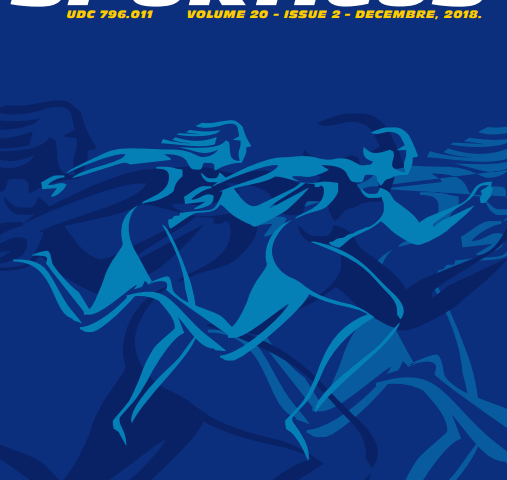Abstract
The aim of this research was to analyze the efficiency of individual training programme for adult women non-swimmers, among whom is evident a pronounced fear of being in water (swimming). The sample consisted of 20 persons, 26 to 59 years of age. In the study the variables for the evaluation of adaptation parameters needed for being in water were used as well as for swimming performance of subjects. Training programme for non-swimmers was performed individually. The activities were carried out in 20 periods each lasting 60 minutes, in a slightly incline swimming pool adapted for training of non-swimmers. Results of paired-samples t-test have shown a high statistical significance of all variables. Under the influence of the programme there have been significant changes in the values of the variables: swim across distance in meters (PRMET pޒ .001); swimming knowledge assessment (OPPL pޒ .001); assessment of swimming technique (OPT pޒ .001). Based on the results obtained in this study it can be concluded that the applied programme successfully overcame the fear factor among all examinees, which was essential for the continuation of activities. After psychological adjustment, a more advanced movement activities were efficiently implemented as well as swimming skills and elements for a safe and enjoyable time spend in the water.


